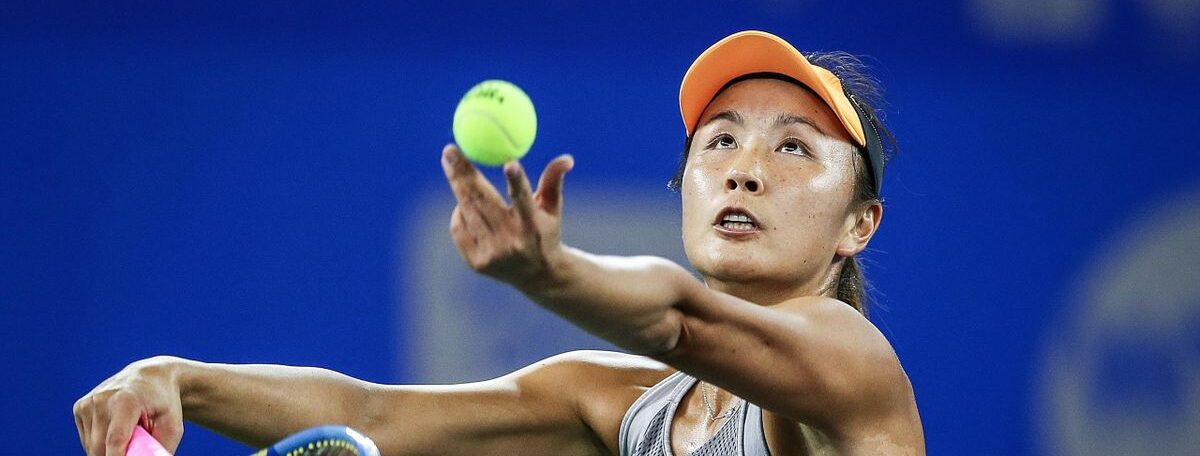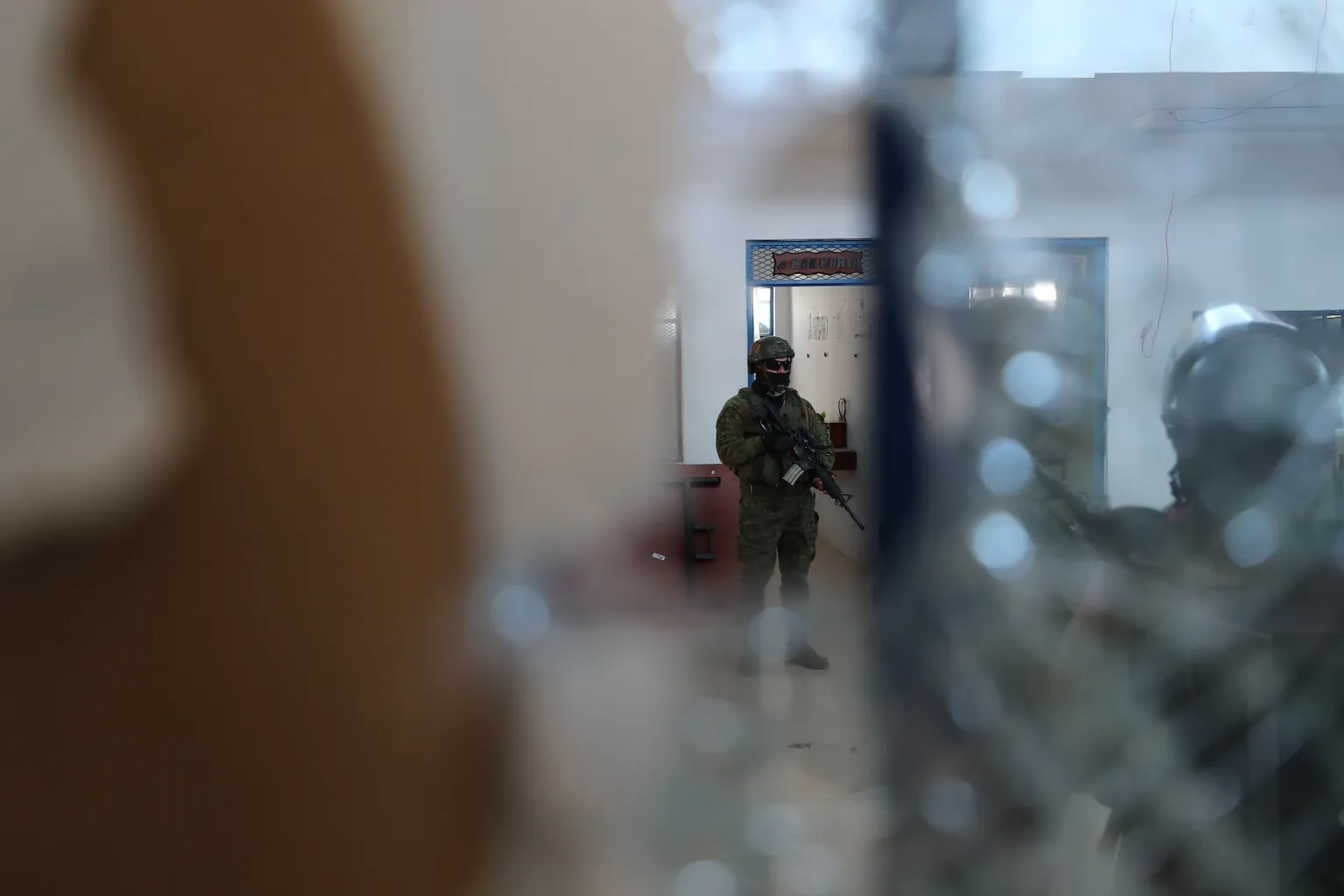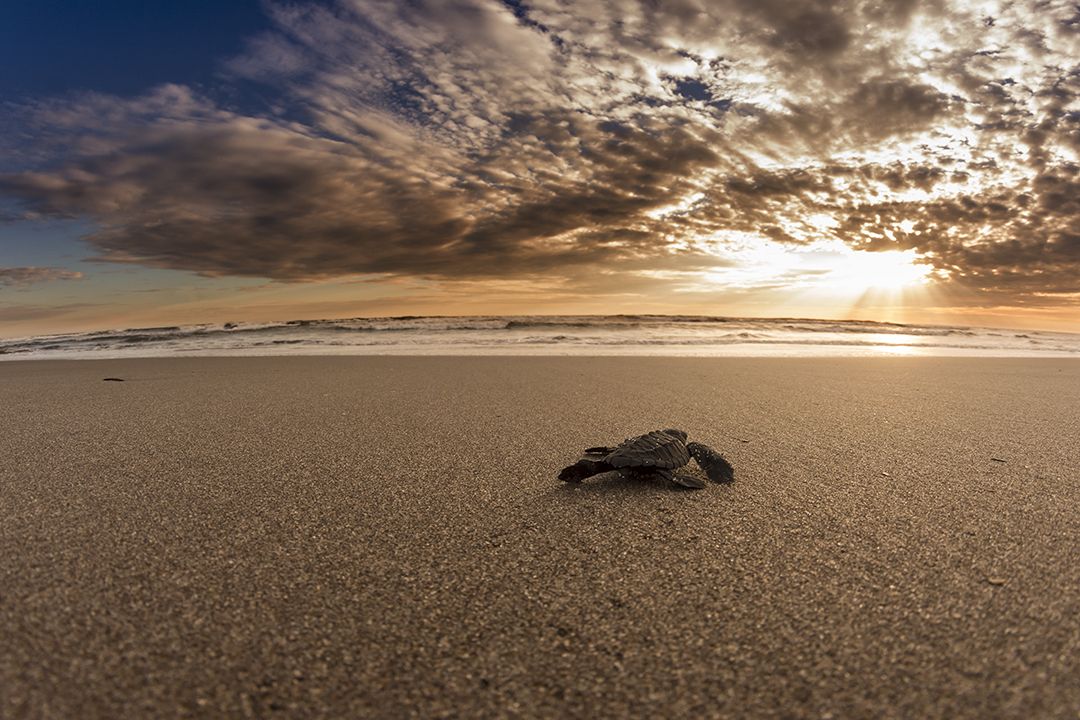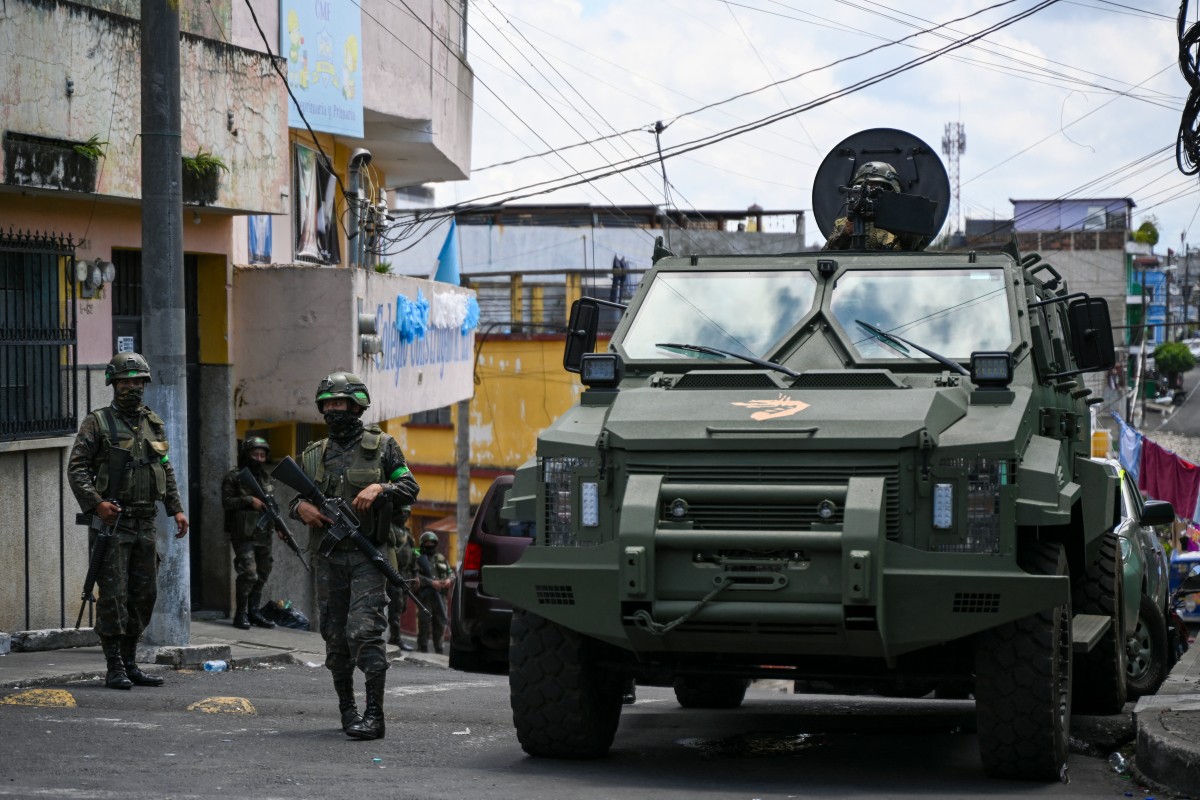Sin categoría
Peng Shuai – the Chinese tennis star in eye of storm after #MeToo claims

AFP
Concerns over the safety of Peng Shuai have prompted the Women’s Tennis Association to suspend all tournaments in China, after she made sexual assault allegations against a former top politician in Beijing.
The Chinese tennis star alleged on November 2 on the Twitter-like Weibo that she had been “forced” into sex by former vice-premier Zhang Gaoli, with whom she said that she had a long-term on-off relationship. The post was swiftly deleted and Peng was not seen publicly for nearly three weeks.
The 35-year-old reappeared as a guest at a youth tennis tournament in Beijing and then held a video call with Thomas Bach, president of the International Olympic Committee.
Concerns about her wellbeing have persisted, however, and the WTA’s Steve Simon said Wednesday he could not “in good conscience” hold events in China.
So who is Peng Shuai?
– Doubles number one –
Peng is one of China’s biggest sports stars, winning the women’s doubles at Wimbledon in 2013 alongside Taiwan’s Hsieh Su-wei for her first Grand Slam title.
A second followed at the French Open in 2014 — again with her long-time friend Hsieh — and Peng spent 20 weeks that year ranked number one in doubles.
She also enjoyed her best Grand Slam singles run in 2014, reaching the semi-finals of the US Open.
She has won 23 WTA doubles and two singles titles, earning prize money of nearly $10 million.
Peng is currently ranked 191st in the world in doubles and has not been seen on the WTA Tour since the Qatar Open in February 2020, just before the coronavirus pandemic shut down global tennis for almost five months.
– Six-month ban –
Peng was in August 2018 banned from tennis for six months and fined $10,000 for attempting to force Hsieh to withdraw as her doubles partner for Wimbledon 2017 after the sign-in deadline.
“Although the offer was refused and Peng Shuai did not subsequently compete at The Championships, it constituted a breach of the Tennis Anti-Corruption Program,” the Tennis Integrity Unit said, accusing Peng of using “coercion” and “the possibility of financial reward” to Hsieh to withdraw.
– Heart defect –
Peng was born in January 1986 in Xiangtan, in the central province of Hunan, to a father who was a policeman. The city also happens to be the hometown of the founder of communist China, Mao Zedong.
She grew up in “an ordinary family” according to local media and was introduced to tennis at the age of eight by her uncle, a former tennis coach.
Peng’s fledgling career was nearly cut short when doctors said she would need an operation to treat a heart defect at 12.
She insisted that the operation go ahead despite her family’s concerns about undergoing the procedure at such a young age, because she “loved tennis too much”, she once said.
She travelled alone to the United States at 15 to further her training — armed only with an electronic dictionary.
Sin categoría
Eight Killed in Series of Armed Attacks in Ecuador’s Manabí Province

At least eight people were killed in four separate armed attacks reported Sunday night in the cities of Manta and Montecristi, in Ecuador’s coastal province of Manabí, one of the areas hardest hit by the country’s escalating wave of criminal violence, local media reported on Monday.
The shootings occurred between 7:50 p.m. and 10:50 p.m. local time and affected several neighborhoods, as well as a family gathering, according to press reports. Police are investigating the incidents.
The first attack took place in the Los Artesanos sector of Montecristi, where a couple was shot dead in a public street.
Minutes later, in Manta’s 12 de Octubre neighborhood, a man was killed while sitting down. Police arrested a suspect at the scene and seized a 9mm magazine, authorities said.
A third incident occurred in the Bellavista area of Manta, when an armed assailant entered a home and shot a man during a family celebration. The attacker was captured by neighbors and sustained injuries.
The deadliest attack was reported at 10:50 p.m. in the Leonidas Proaño parish of Montecristi, where gunmen opened fire from two vehicles on a group of people, leaving four dead and five wounded.
According to Jaime Salgado, acting chief of the Manta Police District, officers recovered seven 7.62mm shell casings, consistent with rifle ammunition, and 14 .40-caliber casings at the scene.
With these killings, the Manta police district, a port and tourist area on Ecuador’s Pacific coast, has recorded 51 violent deaths so far in January 2026, according to official figures.
The attacks occurred amid a state of emergency declared by the government in December due to serious internal unrest in Manabí, where military operations have been intensified this month, particularly in high-conflict zones.
Sin categoría
El Salvador Launches Fourth Year of Ocean Mission to Protect Marine Ecosystems

El Salvador’s Ministry of Environment has launched the fourth consecutive year of “Ocean Mission,” a permanent strategy focused on the protection, restoration, and responsible management of marine ecosystems, linking conservation efforts from inland mountain ranges to the coastline.
During an event held at the Los Cóbanos Protected Natural Area, Environment Minister Fernando López highlighted the ecological, social, and economic value of the site, which is recognized as the country’s eighth wetland of international importance under the Ramsar Convention.
“We are in one of the most valuable natural treasures of our country, not only because of its beauty, but also due to the enormous ecological, social, and economic importance that Los Cóbanos holds for El Salvador,” López said.
The minister emphasized that this volcanic-origin ecosystem is home to coral reefs and key coastal-marine systems that serve as refuge, breeding, and feeding grounds for emblematic species such as sea turtles, cetaceans, and a wide diversity of fish.
“Protecting Los Cóbanos means protecting biodiversity, community livelihoods, the local economy, and our natural heritage,” López stated.
He also stressed that Ocean Mission goes beyond rhetoric, focusing instead on direct action framed within the National Environmental Education Policy. “We are not here to talk about environmental education; we are here to practice it,” he said, underscoring the guiding principle of moving from paper to action.
Sin categoría
Convicted gang member challenges Guatemala’s anti-gang law, citing Human Rights Violations

A member of a criminal gang currently facing sentencing for the crime of extortion has filed a constitutional appeal before Guatemala’s Constitutional Court against the recently approved and enacted Anti-Gang Law.
The appeal, submitted by Dylan Smaily Archila García, argues that the new legislation violates his fundamental human rights and claims there were procedural irregularities during its approval process, according to local Guatemalan media.
Archila García filed the motion just hours after the law took effect. The new legislation, passed by Guatemala’s Congress, increases penalties for crimes linked to gang activity and authorizes the construction of a mega-prison, modeled after El Salvador’s Center for the Confinement of Terrorism (CECOT).
Local outlets reported that in his petition, Archila García contends that the approval of the law did not comply with constitutional requirements and requests that the Court issue a ruling to annul the legislation, effectively halting its enforcement.
The appeal further claims that the Anti-Gang Law infringes on due process rights, as it allegedly fails to guarantee a fair criminal trial in which defendants can prove their innocence, undermining legal certainty and judicial security.
Through this legal action, the petitioner seeks to have the law suspended and ultimately struck down by the Constitutional Court, preventing it from being debated again in Congress.
-

 Central America5 days ago
Central America5 days agoSalvadoran fans plan birthday surprise for Shakira at historic show
-

 Central America4 days ago
Central America4 days agoGuatemala isolates Barrio 18 leader after attacks that killed 11 police
-

 Sports4 days ago
Sports4 days agoShakira ignites El Salvador with near sold-out residency at Mágico González Stadium
-

 International2 days ago
International2 days agoU.S. Health Department says CDC grants no longer match agency priorities
-

 Central America15 hours ago
Central America15 hours agoGuatemala to Phase Out Longstanding Medical Cooperation Agreement with Cuba
-

 International2 days ago
International2 days agoDespite homicide drop, overall deadly violence remains high in Mexico: study
-

 International2 days ago
International2 days agoICE Arrests Reach 379,000 Under Trump, Testimony Shows Amid Minnesota Shootings
-

 International15 hours ago
International15 hours agoOver 50 Civil Groups Urge House to Impeach DHS Secretary Kristi Noem
-

 International2 days ago
International2 days agoJet Fuel Crisis Hits Cuba: Flights Disrupted, Air Canada Cancels Services
-

 International2 days ago
International2 days agoSheinbaum Urges Mexico to ‘Jealously’ Guard Sovereignty at Air Force Anniversary
-

 International2 days ago
International2 days agoMEPs Approve Plan That Could Fast-Track Rejection of Some Asylum Claims
-

 International15 hours ago
International15 hours agoNew York’s New Archbishop Names Óscar Romero as His Favorite Saint
-

 International2 days ago
International2 days agoMexico Rises Slightly to 141st in Global Corruption Perceptions Index 2025
-

 International15 hours ago
International15 hours agoExclusive Tucson Neighborhood Shaken by Disappearance of Savannah Guthrie’s Mother
-

 International2 days ago
International2 days agoChile Unveils Latam-GPT to Give Latin America Its Own AI Model


























